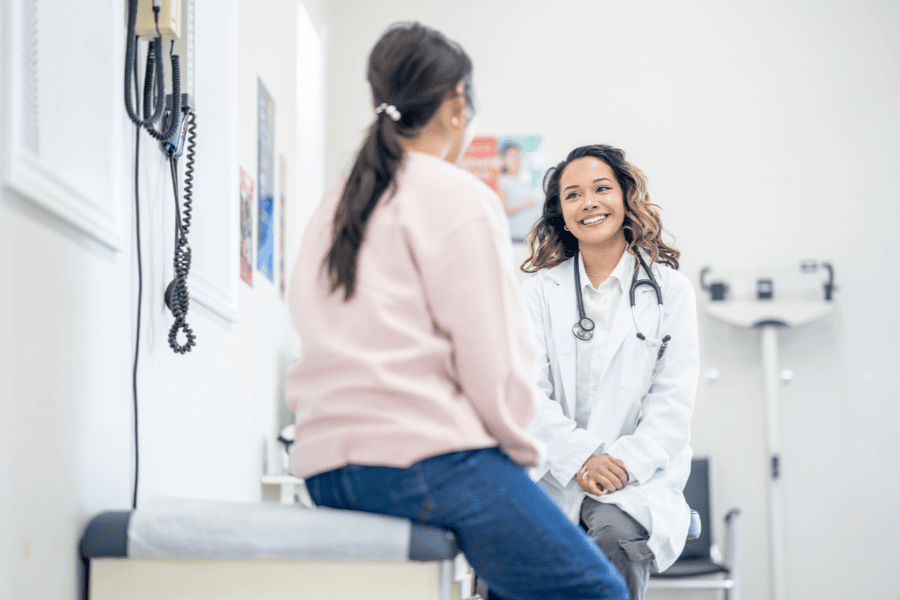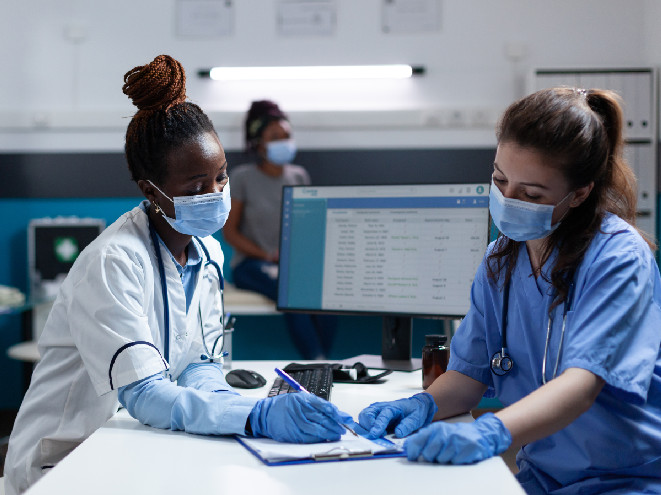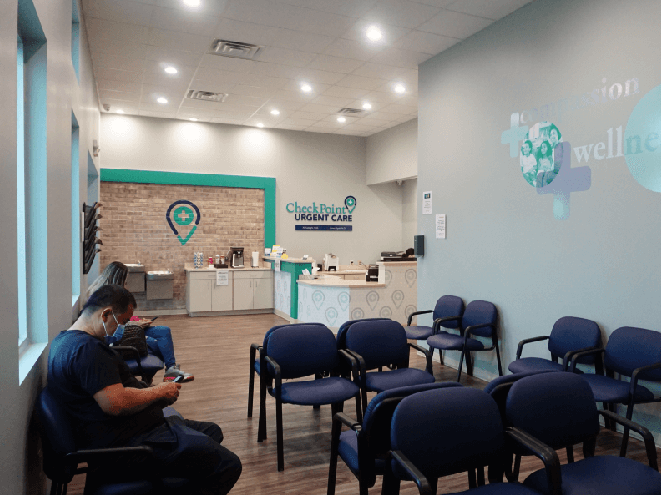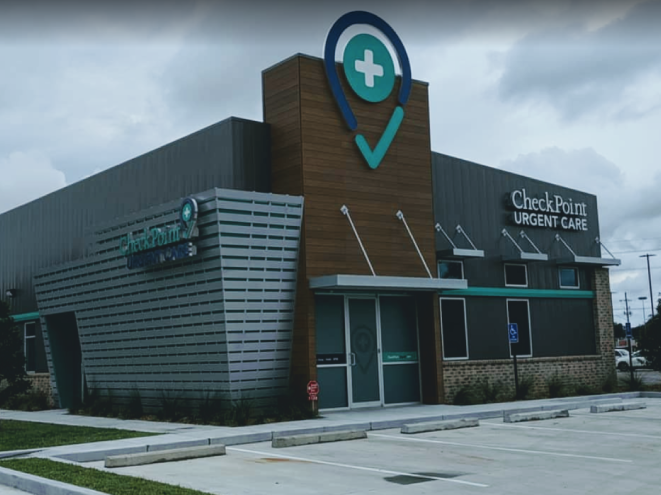What Causes Menstrual Cramps and When to See a Doctor
Menstrual cramps, also known as dysmenorrhea, are a common and often uncomfortable part of life for many people who menstruate. These cramps can range from mild discomfort to severe pain that interferes with daily activities. If you’re dealing with intense or persistent menstrual pain, it may be time to seek medical advice. At CheckPoint Urgent Care, we are here to help you understand the causes of menstrual cramps and when it’s important to see a doctor for relief.
What Are Menstrual Cramps?
Menstrual cramps typically occur before or during your period when the muscles of your uterus contract to shed its lining. These contractions are caused by hormone-like substances called prostaglandins. The higher the levels of prostaglandins, the more intense the cramps can be.
Most menstrual cramps are considered primary dysmenorrhea, meaning they are not related to any underlying health condition. However, in some cases, cramps may be due to secondary dysmenorrhea, which is caused by a reproductive health issue.
Common Symptoms of Menstrual Cramps
Menstrual cramps can vary from one person to another, but the most common symptoms include:
- Throbbing or cramping pain in the lower abdomen
- Pain that radiates to the lower back or thighs
- A dull, constant ache in the pelvic region
- Nausea or vomiting
- Headaches or dizziness
- Loose stools or diarrhea
For most, these symptoms last one to three days at the start of the menstrual cycle and may lessen as the cycle progresses.
Causes of Menstrual Cramps
Several factors can contribute to menstrual cramps. While the contractions in your uterus are a normal part of the menstrual cycle, certain conditions can make cramps worse:
- High Prostaglandin Levels: As mentioned earlier, prostaglandins are natural chemicals in the body that cause the uterus to contract. Higher levels lead to more intense cramps.
- Endometriosis: This condition occurs when the tissue that normally lines the uterus grows outside of it, often causing severe pain.
- Fibroids: Uterine fibroids are non-cancerous growths that can cause heavier periods and more painful cramps.
- Pelvic Inflammatory Disease (PID): A bacterial infection in the reproductive organs can lead to painful periods and cramps.
- Adenomyosis: This condition happens when the tissue that lines the uterus begins to grow into the muscle walls of the uterus, leading to increased cramping.
When to See a Doctor for Menstrual Cramps
While menstrual cramps are often manageable at home, some cases require medical attention. You should see a doctor if:
- Your cramps are so severe that they interfere with your daily activities.
- Over-the-counter pain relievers, such as ibuprofen or acetaminophen, do not provide relief.
- Your periods are heavier than normal or last longer than seven days.
- You experience severe cramping even when you’re not on your period.
- You notice unusual symptoms, such as a high fever, foul-smelling discharge, or pelvic pain that lasts beyond your period.
At CheckPoint Urgent Care, our healthcare providers can help determine if your cramps are related to an underlying health issue. Through diagnostic tests and a physical examination, we can identify conditions like endometriosis, fibroids, or infections that may be contributing to your pain.
Treatment for Menstrual Cramps
There are several ways to manage and treat menstrual cramps, depending on the severity and the cause:
- Pain Relief Medications: Nonsteroidal anti-inflammatory drugs (NSAIDs) like ibuprofen can help reduce inflammation and pain associated with cramps.
- Hormonal Treatments: Birth control pills, patches, or IUDs can regulate hormone levels, leading to lighter periods and less cramping.
- Lifestyle Changes: Regular exercise, a balanced diet, and stress reduction can also help ease symptoms.
- Medical Procedures: In cases of severe conditions such as fibroids or endometriosis, surgical treatments may be recommended.
Get Relief at CheckPoint Urgent Care
If menstrual cramps are affecting your quality of life, don’t hesitate to seek help. CheckPoint Urgent Care offers compassionate care and personalized treatment plans to help you find relief from painful periods. Contact us today to schedule an appointment or visit one of our convenient locations. We are here to support your health and well-being!








